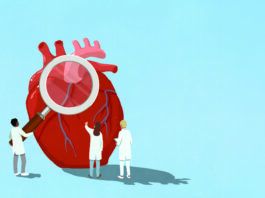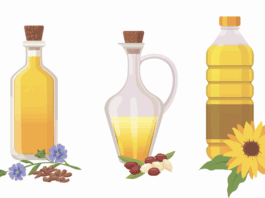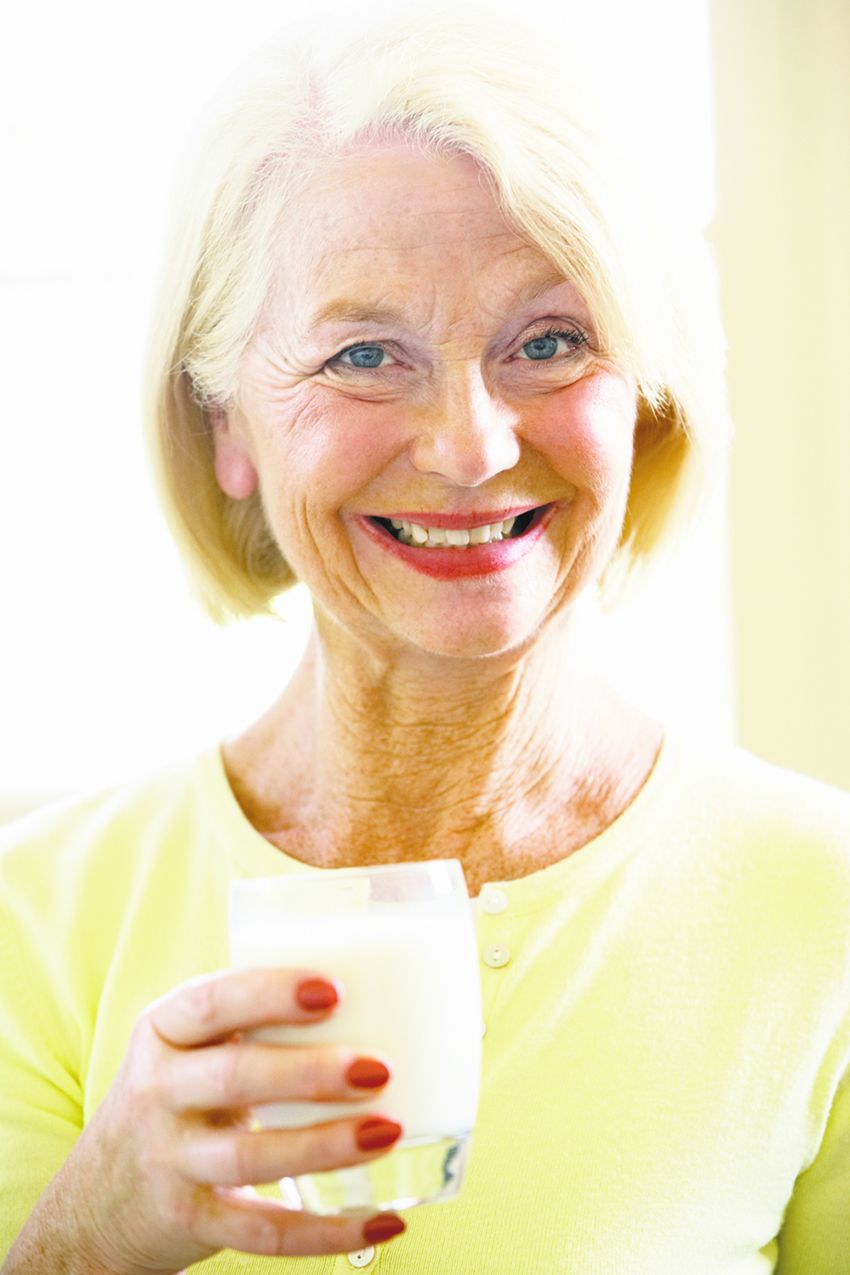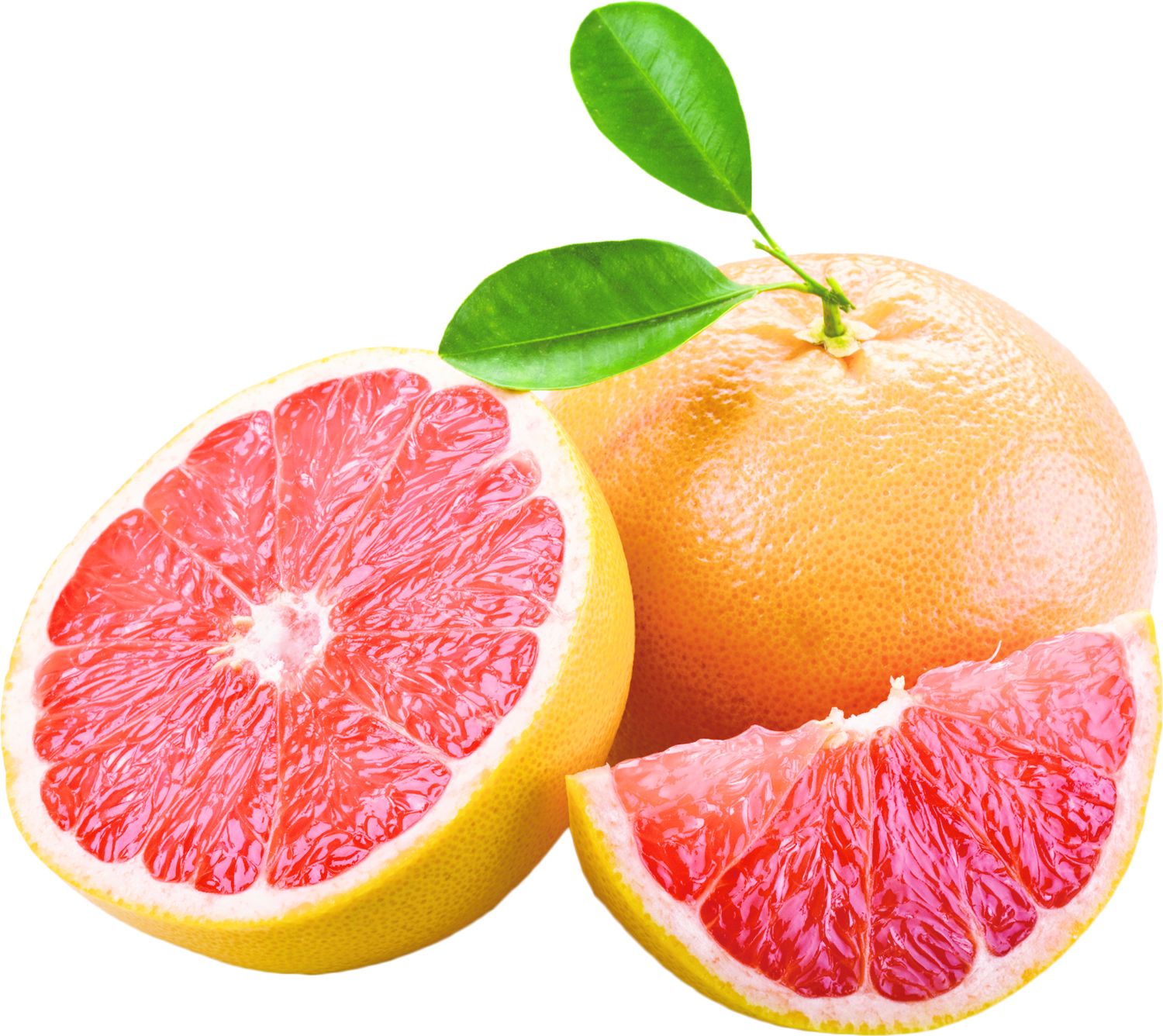No Need to Worry About Calcium and Your Heart
Research finds no link between calcium intake and coronary artery calcification.
What You Need to Know Now About Multivitamins
Making sense of multivitamins cancer-prevention promise, heart-disease disappointment in recent findings.
High-Carbohydrate Diets Connected to Cognitive Risk
Consuming too many carbohydrates could be bad for your brain, according to recent research linking high carbohydrate intake to greater risk of mild cognitive impairment.
Are Beverage Choices Linked to Depression?
Thats the possibility posed by a large new National Institutes of Health study that reports older adults who drink four or more sweetened soft drinks daily were 30% more likely to develop depression.
Drinking Tea Protects Your Head, Heart and Bones
"If theres anything that can confidently be communicated to the public, its the strong association of tea drinking with a lower risk of common chronic diseases, particularly heart disease, and the demonstration of that benefit through clinical trials," says Jeffrey B. Blumberg, PhD, director of Tufts HNRCA Antioxidants Research Laboratory and chair of the Fifth International Scientific Symposium on Tea and Human Health. The symposium, held at the US Department of Agriculture in Washington, DC, spotlighted new evidence of the health benefits of tea, ranging from preventing osteoporosis to improving digestion. Other new studies have recently linked tea consumption to lower incidence of some cancers and reduced risk of functional disability.
Probiotics: Know What Works, What Doesnt
New study finds probiotics protect against antibiotics complications.
Healthy Diet Fights Infection by Boosting Immune System
Adding fruits and vegetables and other nutrient sources may help keep you from getting sick.
More Veggies, Less Meat Good for Your Heart
You dont have to become a vegetarian to protect your heart, but recent results from a large study in the UK suggest that eating more like a vegetarian could help.
Understanding Food and Medication Interactions
Grapefruit and other foods can be dangerous in combination with common drugs. Heres what you need to know.
Mediterranean-Style Diet Cuts Heart Risks Almost 30%
For the first time, a large, randomized clinical trial has found that a Mediterranean-style diet can sharply reduce the risk of heart attacks, strokes and deaths from heart disease.

































